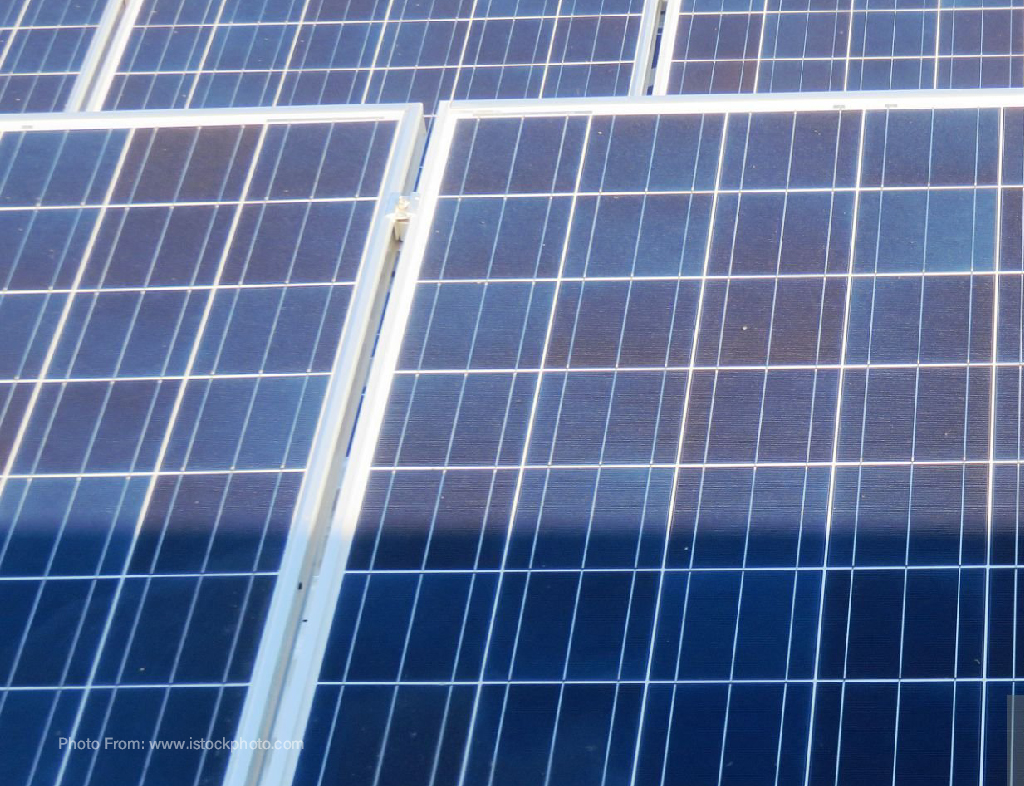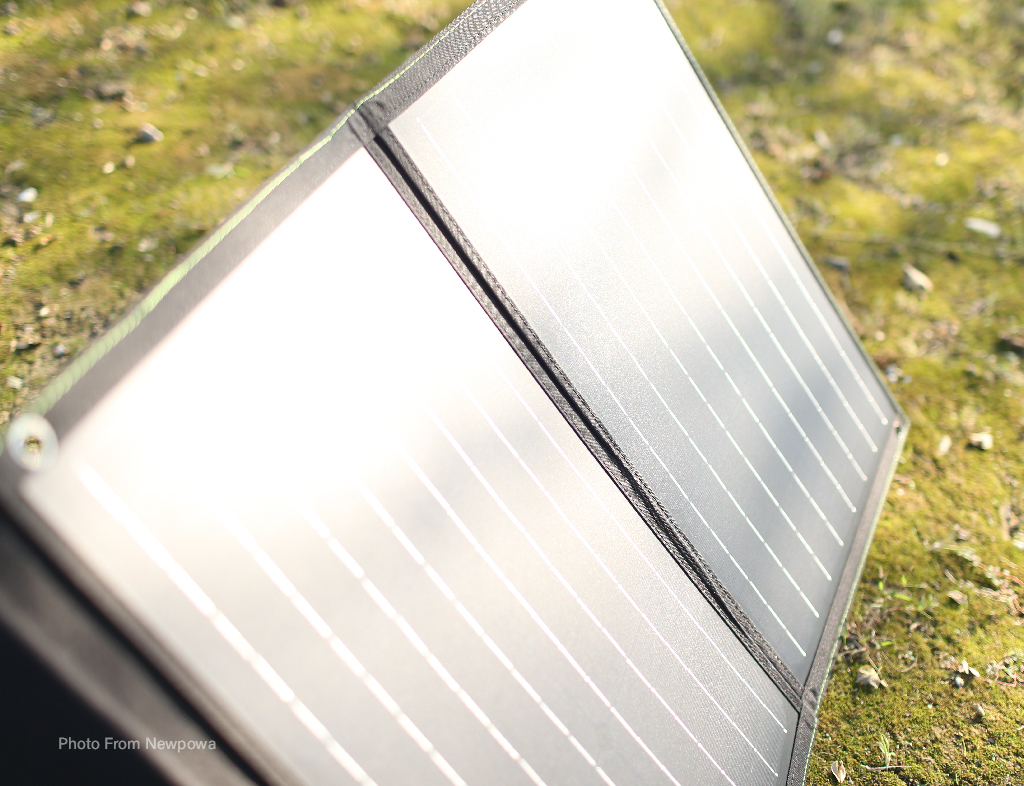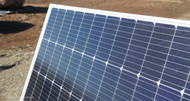CAN THE SUN ACTUALLY HURT MY EFFICIENCY/OUTPUT?
6th Aug 2024
When it comes to off-grid solar power, the sun is our greatest ally, providing the energy needed to power your needs. However, there are scenarios where the sun can actually reduce the efficiency and output of solar panels. Here’s how and why this can happen, and what you can do to mitigate these effects.

High Temperatures
While sunlight is essential for solar panels to generate electricity, high temperatures can negatively impact their performance. Solar panels are tested at a standard temperature of 25°C (77°F). As the temperature rises above this point, the efficiency of solar panels can decrease. This is because high temperatures increase the resistance in the solar cells, which can reduce the voltage they produce. For every degree above 25°C, a typical solar panel's efficiency can drop by 0.25% to 0.5%.
Dust and Debris
Bright, sunny days often coincide with dry conditions, which can lead to dust accumulation on solar panels. Dust, dirt, and other debris can block sunlight from reaching the solar cells, reducing the amount of electricity they can generate. Regular cleaning and maintenance are essential to ensure your panels are operating at their maximum efficiency.
Cloud Reflection and Diffusion
While clouds can diffuse sunlight and reduce the intensity of the light that reaches the panels, they can also reflect sunlight. This can sometimes lead to uneven heating of the solar panels, known as “hot spots.” Hot spots can cause parts of the panel to heat up more than others, potentially damaging the cells and reducing the overall efficiency of the system.
Shading
Trees, buildings, or other obstructions that cast shadows on your solar panels can significantly impact their output. Even partial shading can lead to a disproportionate drop in efficiency because the shaded cells can affect the performance of the entire panel or string of panels. It’s important to install solar panels in locations that receive maximum sunlight throughout the day.
Managing These Challenges
To mitigate the impact of high temperatures, proper ventilation and installation methods can help keep your panels cool. Installing your panels with a slight gap between the roof and the panels allows for airflow, which can help dissipate heat. Additionally, choosing high-quality panels that have a lower temperature coefficient can reduce efficiency losses due to heat.
Regular maintenance, including cleaning your panels and trimming nearby trees, can ensure that dust, debris, and shading do not significantly affect your solar system's performance. Monitoring your system with solar performance tracking tools can help you identify and address issues promptly.

In conclusion, while the sun is crucial for solar energy production, certain conditions associated with sunlight can reduce the efficiency and output of your solar panels. By understanding these factors and taking proactive steps to address them, you can ensure that your off-grid solar system operates at its best.
Be Wise, Go Solar!
